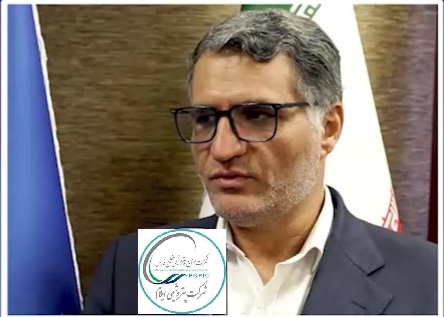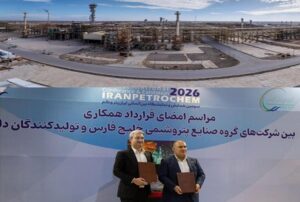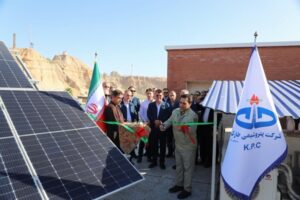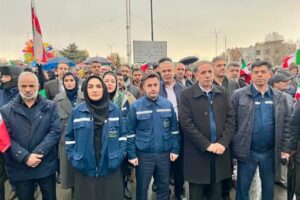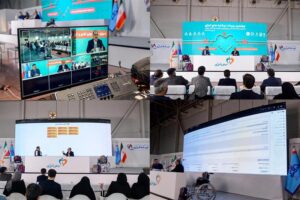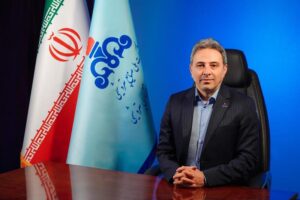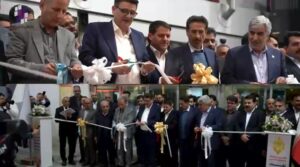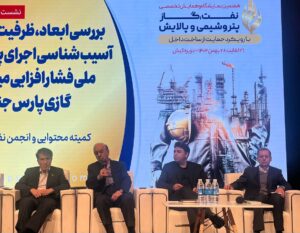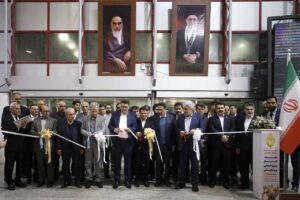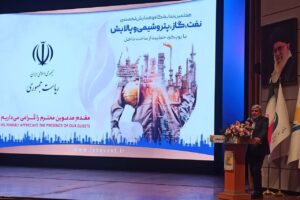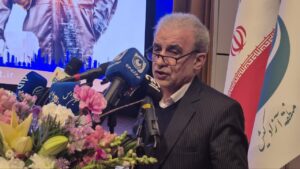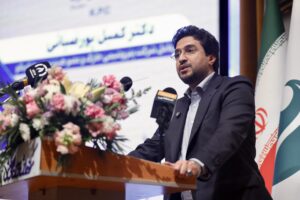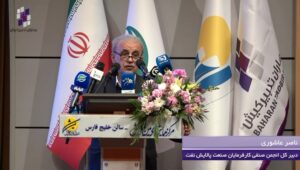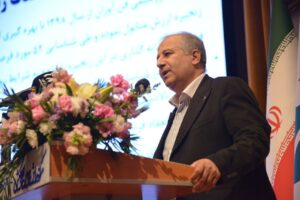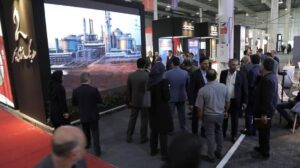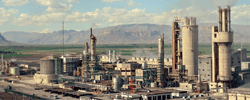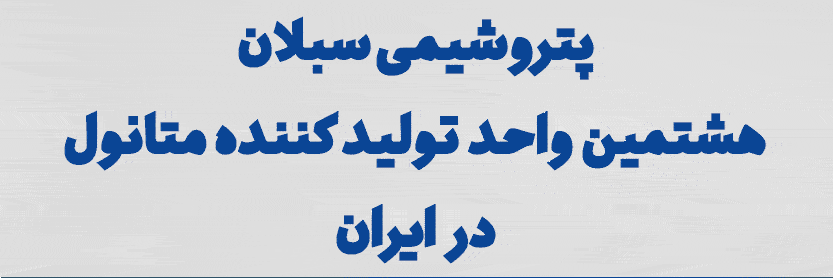Davoud Jafarifar, the CEO of Ilam Petrochemical, has referred to the latest situation of stable feedstock supply of the complex and the supply of propylene feedstock for Arghavan Gostar Ilam Petrochemical. He said feed supply has been the most important and fundamental challenge of Ilam Petrochemical over the past few months. He said very good actions have been taken with a long-term and a short-term vision. He said in the long-term discussion, good negotiations have been held with the Ministry of Petroleum, the National Iranian Oil Company, and the National Iranian Gas Company. He said of five wells that were drilled in the Tang Bijar gas reservoir in the past years, two of them should be put into operation. That will partially compensate for the lack of feedstock in Ilam petrochemical.
Jafarifar added that in terms of short solutions, two good contracts have been signed with Gachsaran Petrochemical, which was a subsidiary of PGPIC and recently reached the production circuit. In the olefin units, gas is produced as a by-product, and a contract was signed for it. Furthermore, changes have been made in the olefin unit of Ilam Petrochemical and domestic engineering companies. Therefore, a contract for 60,000 tons of C3+ has been predicted, and thanks to this, a part of the feedstock of the olefin production capacity in the Ilam Petrochemical unit will be compensated.
The CEO of Ilam Petrochemical said the second issue is ethylene produced by Gachsaran Petrochemical. He said a contract has been signed to receive 100,000 tons of ethylene per year from Gachsaran Petrochemical, which is now under construction. He noted that this will practically alleviate the shortage of feedstock for HDPE units. He also requested the National Iranian Petrochemical Company to solve the technical problems of the line, including the compressors.
Jafarifar noted that in the 1st quarter of 1403 in the Persain calendar, an 18% increase in production was registered compared to the first quarter of last year, and in July of this year, the production record of the HDPE unit was broken with the historical record equal to 27,600 tons. A 105% of the nominal capacity of this unit was also registered.
The CEO of Ilam Petrochemical also noted that the basic solution for sustainable feedstock supply is the development of the upstream reservoirs of Ilam Gas Refinery and Ilam Petrochemical. Currently. He said feedstock received from Ilam gas refinery is below 50% of the nominal capacity, and in order to be able to produce even with 60% nominal capacity, approximately 10 to 15% of feedstock is required. According to Jafarifar, feed is transported through trucks from different parts of the country, such as Pars Petrochemical, Bidbland Gas Refining, Hoveyzeh Gas Refining, and from numerous mini-refineries, just so that Ilam Petrochemical Olefin unit can continue its production.
Regarding the supply of feed to NGL Dehloran, he said there have been negotiations over the issue. He also referred to plans with the relevant managers of the Ministry of Petroleum to receive feedstock from NGL Dehloran because it is less far from Ilam Petrochemical.
The CEO of Ilam Petrochemical also referred to the export market strategy of Ilam Petrochemical and said most of its exports are to China, India, Turkey, and CIS countries. By receiving this important global standard from BIS India, the conditions of presence in one of the best target markets for heavy polyethylene products in film and pipe grades were provided for Ilam Petrochemical.
Exporting to the very attractive markets of India was placed in the work priority of the largest petrochemical complex in the west of the country. He said there are no exports to the Iraqi market because polyethylene is not very developed in Iraq’s downstream petrochemical industry.
Source: Ilam petrochemical Department of Public & International Affairs

